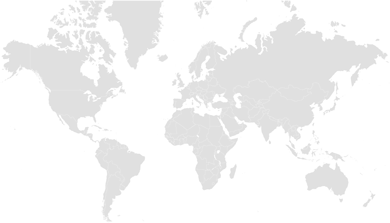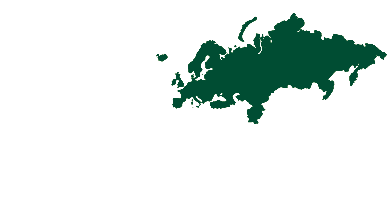Case study
2024 • Local Farmers; Municipal Waste Authorities; Regional Waste Management Associations Decentralized composting in Austria
Austria has developed a decentralized composting model that integrates the agriculture sector into municipal organic waste management. The model leverages local farmers to process organic waste into high-quality compost using low-cost windrow technologies. This approach minimizes transportation costs, enhances soil fertility, and ensures compliance with strict Austrian compost quality standards. Funding is shared between farmers, municipalities, and regional/provincial governments, creating a successful cooperative financing model for waste recovery.
Recovered Materials & Products
Compost
Waste Streams
Organic solid waste
Confirmed countries
Guatemala


Background and Context
Location: Austria
Resource Stream: Municipal organic waste (biowaste, yard waste, food scraps)
Challenges: Austria generates nearly 5 million tonnes of municipal solid waste annually, with organic waste constituting a significant portion. Historically, landfilling posed environmental and economic challenges. The country banned the landfilling of untreated biodegradable waste in 2009, necessitating innovative solutions like decentralized composting.
Technologies/Methods Used
- Open Windrow Composting: Predominantly used by farmers, this low-cost method processes organic waste in long rows on farms.
- Source-Separated Collection: Organic waste is segregated at the source to ensure high-quality compost feedstock.
- Quality Assurance: Compost quality is monitored through rigorous testing to meet Austrian compost standards, ensuring safe agricultural application.
Implementation Steps
- Policy and Regulatory Framework: The Austrian Compost Ordinance (2001) regulates compost production, marketing, and labeling. A mandatory source-separated collection policy has been in place since 1992.
- Cooperative Financing: Farmers contribute 25–50% of capital expenditures, with subsidies provided by municipalities, regional Waste Management Associations, and provincial governments.
- Infrastructure Development: Over 450 composting plants operate across Austria, with 64% managed by farmers for decentralized processing.
- Operational Model: Farmers collect organic waste, process it, and apply the resulting compost to their fields or sell it locally.
Outcomes and Impacts
Environmental Benefits:
- Organic waste diversion has reduced greenhouse gas emissions and improved landfill diversion rates, with biodegradable municipal waste landfilling below 3% of 1995 levels.
- Composting reduces the need for synthetic fertilizers, enhancing soil health sustainably.
Socioeconomic Contributions:
- Farmers earn income from compost sales and waste collection services.
- Gate fees range from €45 to €60/tonne for organic waste and €15 to €45/tonne for yard waste, providing a cost-effective alternative to landfill or incineration.
- High transparency and local ownership of composting operations build trust among stakeholders. Improved soil fertility supports sustainable agriculture, particularly for small-scale farmers.
Lessons Learned
Austria’s decentralized composting strategy demonstrates the importance of integrating agricultural stakeholders into municipal waste management. Key success factors include supportive policies, low-cost technologies, and strict quality standards. The cooperative financing model ensures financial sustainability, while the promotion of home composting and source separation reduces system strain. Expanding the model to other countries will require tailoring to local regulatory, economic, and social contexts.
Learn more
This case study is extracted from the publication linked below: "Sustainable Financing and Policy Models for Municipal Composting. World Bank (2016)"
https://openknowledge.worldbank.org/entities/publication/e1aac77a-5258-5927-9268-847c754cb9f5
Technologies
Composting
Themes
Capacity building
Financing and investment
Policy and regulation